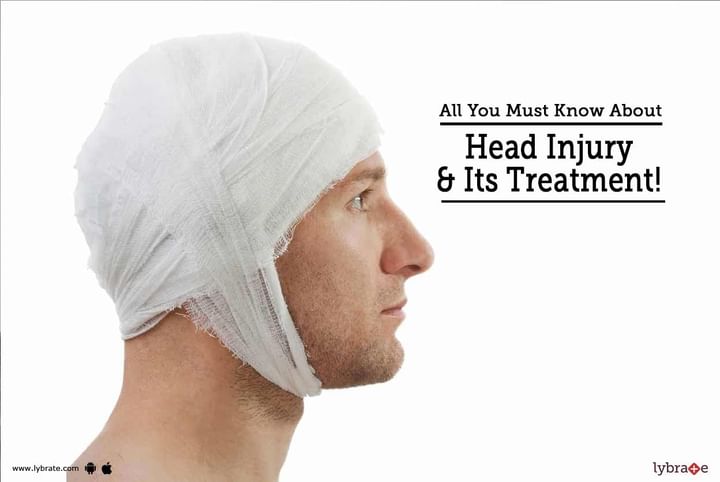All You Must Know About Head Injury & Its Treatment!
Injuries are very common, especially head injuries are one of the leading causes of death and disability in adults. As per surveys conducted, 1.7 million people suffer from head injuries every year and this estimation is increasing day by day.
There are several types of head injuries from mild as a cut, bruise, bump, contusion to severe ones caused due to a concussion, fractured skull bone, deep cut, internal bleeding, brain damage, etc.
A head injury is a comprehensive term which consists of an array of injuries that damage the skull, scalp, brain, and blood vessels and tissues in the head. It is generally referred to as a traumatic brain injury (TBI) and brain injury, depending upon the type and extent of trauma.
Causes of Head Injury-
A head injury can occur due to many reasons. Some common causes of these head injuries are:
-
Vehicle accidents
-
Domestic violence
-
Street fights
-
Fall from height
-
Child abuse
-
Subdural hematomas
-
Brain hemorrhages
Symptoms of Head Injury-
A head injury is followed by various symptoms depending upon the intensity of the injury. Here is a list of all the possible symptoms of brain injuries:
-
Fatigue or sleepiness.
-
Extreme headache.
-
Confusion.
-
Loss of muscle control or paralysis in the part of the body controlled by the part of the brain that is affected.
-
Coma.
-
Dilation of the pupils and related visual problems; Blurred vision, photosensitivity, blindness, loss of muscle control in the eyes.
-
Cerebrospinal fluids might come out of the ears and nose, sometimes accompanied by blood.
-
Problem breathing.
-
Low pulse rate.
-
Increase in blood pressure.
-
Difficulty in swallowing.
-
Loss of hearing.
-
Problems in cognitive functions.
-
Loss of bladder and bowel control due to loss of control over muscle functions.
-
Loss of consciousness.
Treatment of Head Injury-
Diagnosis of a brain injury has to be detailed and very quick at the same time. It always comes under emergency cases. Some of the steps involved are:
-
Cardiac and pulmonary function test.
-
Glasgow Coma Scale test.
-
Pupil dilation and corneal function test.
-
Brain stem reflex tests.
The most common way of diagnosis is the use of CT scans and MRI scans.
A severe head injury often needs surgery to reverse symptoms like chronic fatigue, bleeding, or loss of bodily function. Diagnosis involves finding out the type and severity of the injury and treatment involves removing the problem surgically.
Take Away-
Head injuries take time to heal, but medical treatment along with neurosurgery can aid the process of recovery and also help a person to lead a healthy life in the future. Most young patients recover fully, while some older patients or patients with preexisting neurological conditions live with a degree of disability.



+1.svg)
